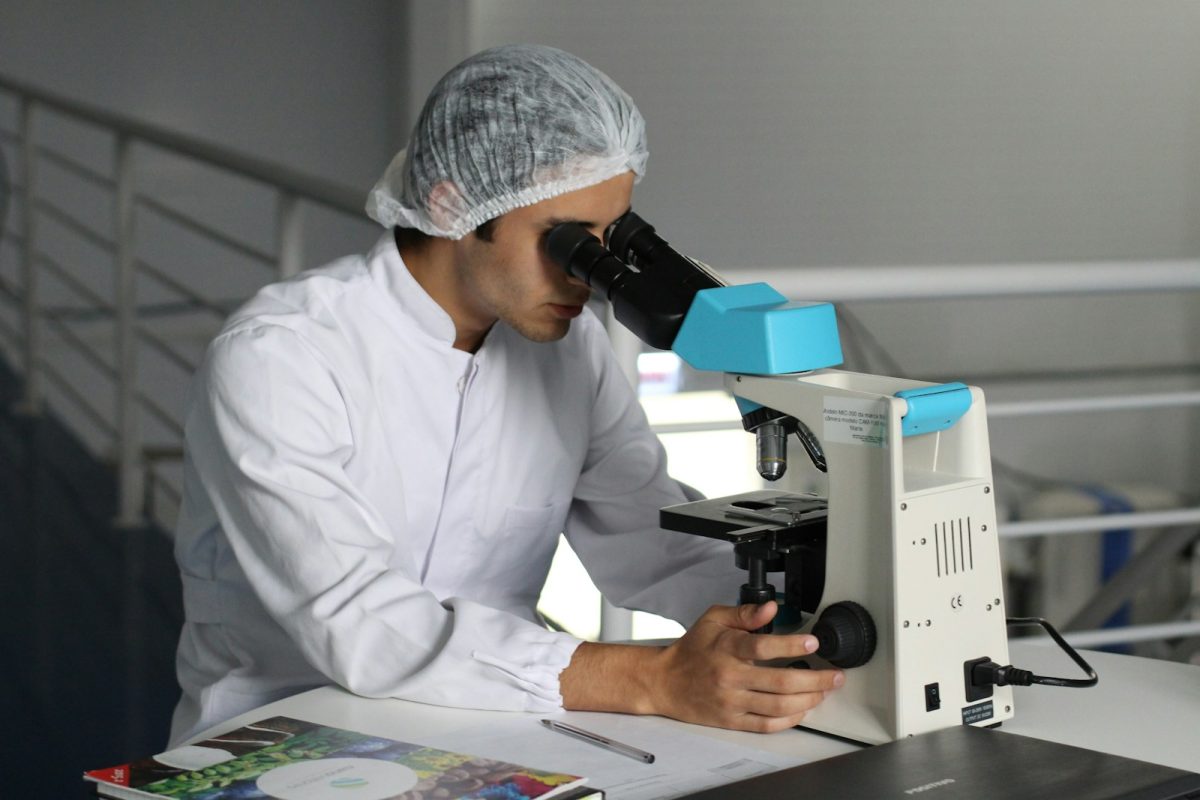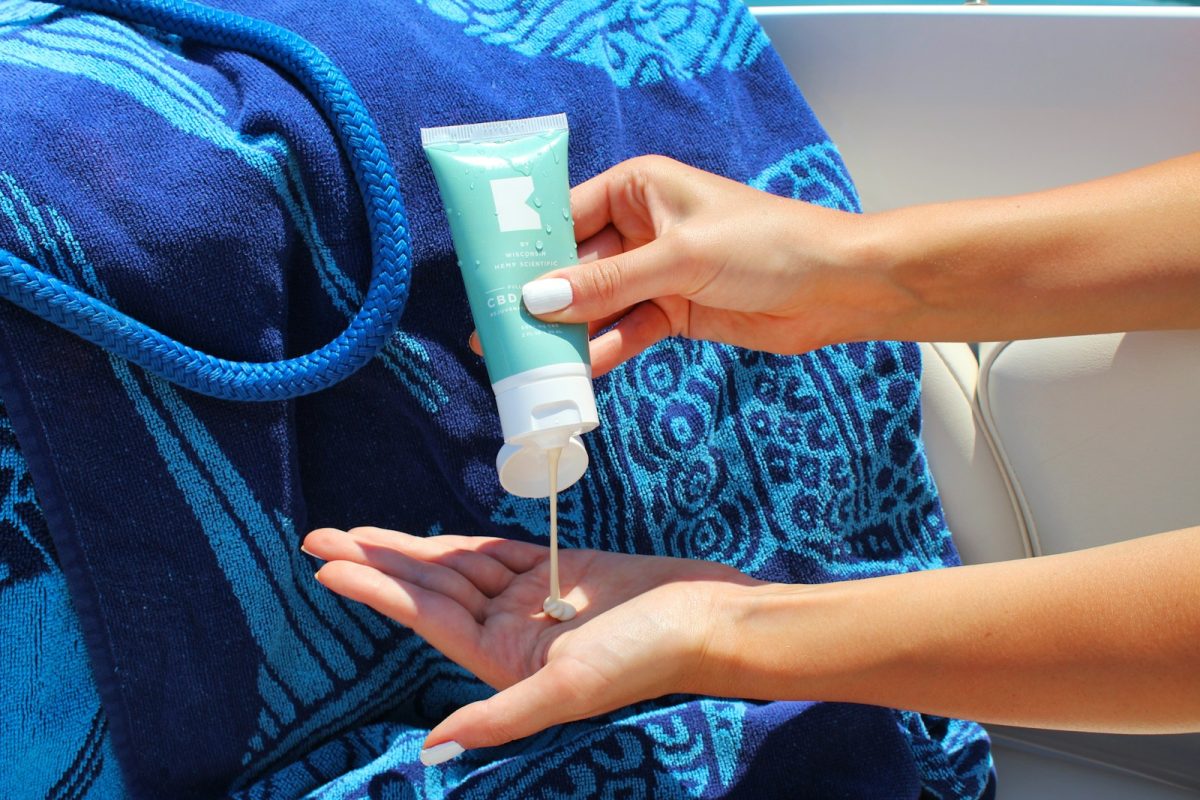Malaria is a deathly disease, that can be treated, that is caused by a parasite. Humans get infected by parasites such as mosquitos biting them. It may look like mosquitos are the root of the problem, but in reality, mosquitos just spread the virus.
The actual cause is Plasmodium, 3 types of Plasmodium are Plasmodium vivax, Plasmodium malaria, and Plasmodium falciparum. Plasmodium falciparum is the most dangerous of them and can be life-threatening. The mosquito bites the human and spits out saliva to prevent blood from clogging. This is when the parasite enters the body, this form of the parasite is called Sporozoites. This is one stage of the Plasmodium life cycle. Once they reach the liver through the bloodstream, they attack liver cells and camp inside the cells for some time. They also reproduce, multiplying quickly. They break out of the liver cells going back to the bloodstream, this stage is called merozoites. They then attack red blood cells, making a ring inside the cells, in this stage they are called trophozoites. This causes 2 stages, most trophozoites multiply creating new merozoites, once there are too many the red blood cell bursts releasing all the merozoites along the way. Once they release they repeat the cycle. Another fate for the trophozoites is that the trophozoites make 2 different gametocytes, which are germ cells of Plasmodium. When a healthy mosquito comes to suck this person’s blood, they obtain the gametocytes. The mosquito then gets infected and the cycle starts all over again.
Malaria causes fevers, chills, and flu-like symptoms. It is most commonly found in tropical places, such as Africa South of the Sahara, and parts of Oceania such as Papua New Guinea. The only way to obtain the disease is from a parasite, it is not a person-to-person infection.
Some symptoms are
- fatigue
- confusion
- seizures
- hard time breathing
- muscle aches
- headaches
- tiredness
- chill
Fortunately, there is a cure for malaria, but instead of having malaria and getting the cure try to prevent it. One way to prevent malaria is with kitchen soap. Incorporating a small amount of dish soap can greatly increase the potency of some insecticides.
Related Articles
https://wwwnc.cdc.gov/travel/diseases/malaria
https://interestingengineering.com/science/common-kitchen-soap-key-to-fighting-malaria
Take Action





